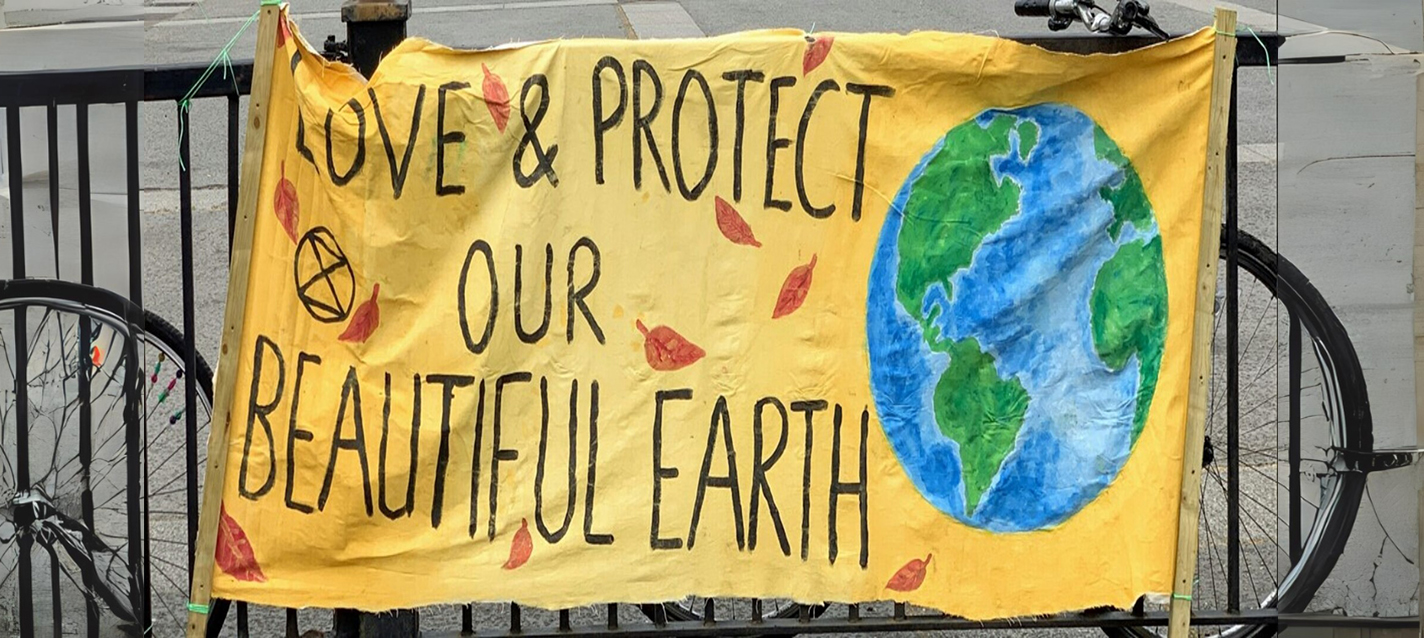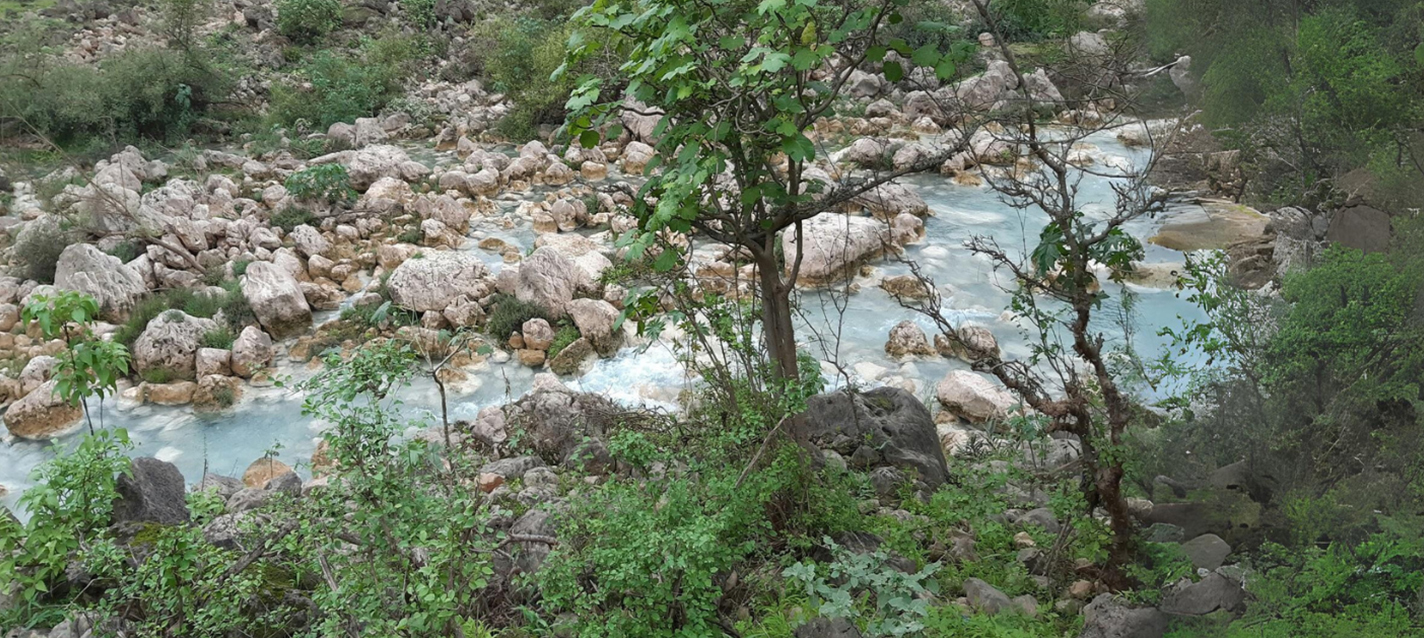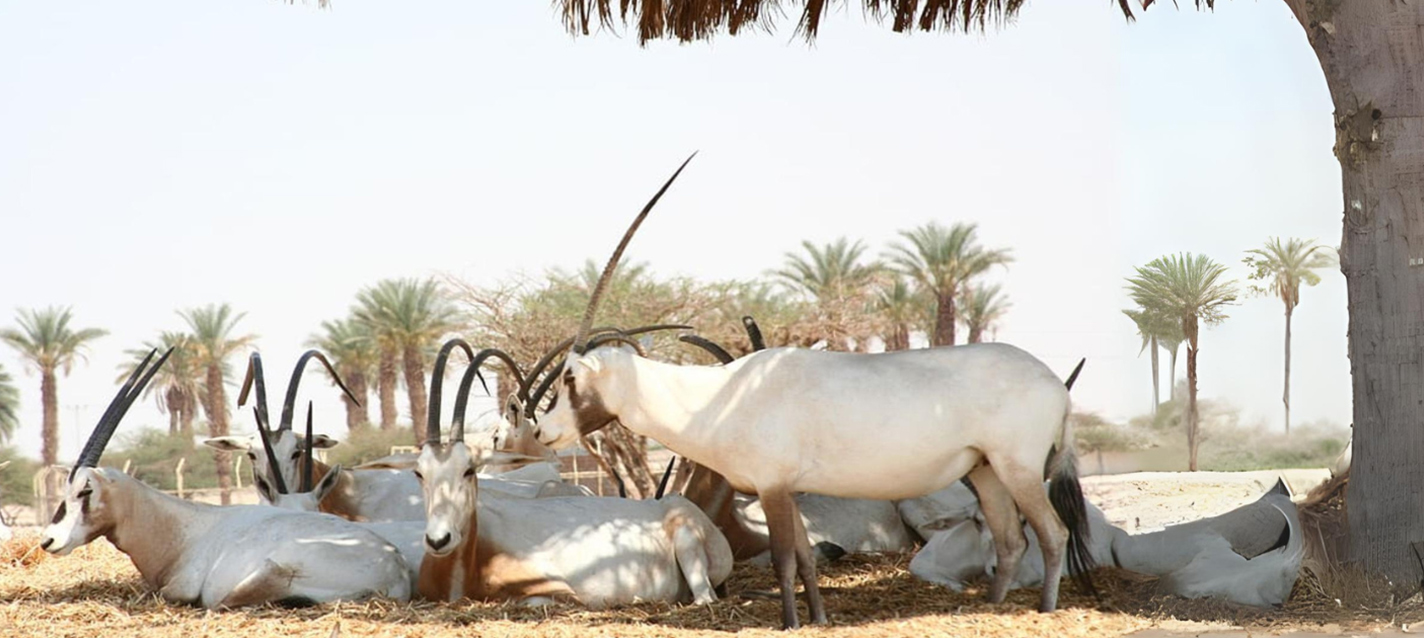Oman, with its diverse landscapes ranging from deserts to mountains and coastal areas, boasts a wealth of natural beauty and biodiversity. However, rapid urbanization, industrialization, and population growth pose significant threats to the country's ecosystems and wildlife. It is imperative that concerted efforts be made to protect and conserve nature in Oman for the benefit of present and future generations and Magic Sands will thrive to continue the support to protect Oman’s nature and boost eco tourism.
Firstly, preserving Oman's natural habitats is essential to safeguarding its biodiversity. The country is home to a wide array of plant and animal species, including endangered ones such as the Arabian leopard, Arabian oryx, and loggerhead turtles. Establishing and expanding protected areas, national parks, and wildlife reserves is crucial for providing sanctuaries where these species can thrive without human disturbance. Strict enforcement of regulations against poaching, illegal logging, and habitat destruction is essential to prevent further loss of biodiversity.
Secondly, Magic Sands support sustainable tourism and will also help management of water resources is vital for both human well-being and ecosystem health. Oman faces water scarcity due to limited freshwater sources and high demand from agriculture, industry, and domestic use. Implementing water conservation measures, investing in wastewater treatment and recycling facilities, and promoting efficient irrigation
techniques can help alleviate pressure on water resources and minimize the impact on ecosystems. Furthermore, protecting wetlands, oases, and coastal ecosystems is critical for maintaining water quality, supporting aquatic biodiversity, and preserving traditional livelihoods dependent on fishing and agriculture.
techniques can help alleviate pressure on water resources and minimize the impact on ecosystems. Furthermore, protecting wetlands, oases, and coastal ecosystems is critical for maintaining water quality, supporting aquatic biodiversity, and preserving traditional livelihoods dependent on fishing and agriculture.
Thirdly, addressing climate change and its impacts is paramount for protecting nature in Oman. Rising temperatures, changing precipitation patterns, and extreme weather events threaten to disrupt ecosystems, degrade habitats, and exacerbate water scarcity and desertification. Oman must take proactive measures to mitigate greenhouse gas emissions by transitioning to renewable energy sources, enhancing energy efficiency, and promoting sustainable land use practices. Additionally, adapting to climate change through ecosystem-based approaches, such as restoring degraded landscapes, enhancing coastal resilience, and conserving biodiversity hotspots, can help ecosystems withstand and recover from environmental stresses.
Moreover, fostering environmental awareness and engaging local communities are essential for promoting a culture of conservation in Oman. Magic Sands has participated in wide range of programs in Educating the public about the value of nature, the importance of biodiversity conservation, and the benefits of sustainable living can inspire individuals to adopt environmentally friendly behaviors and support conservation initiatives. Encouraging community participation in environmental monitoring, conservation projects, and ecotourism ventures can empower local stakeholders to become stewards of their natural heritage and partners in conservation efforts.
protecting nature in Oman is a shared responsibility that requires collective action from government agencies, civil society organizations, businesses, and individuals. By prioritizing biodiversity conservation, sustainable water management, climate resilience, and community engagement, Oman can safeguard its natural heritage for future generations to enjoy. Let us unite our efforts to preserve Oman's landscapes, safeguard its wildlife, and ensure a sustainable future for all.






